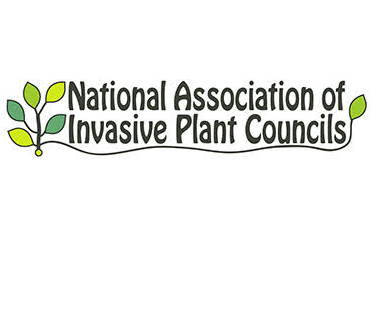[fusion_text]SWVMA 2017 Invasive Plant Grant Program – proposal deadline extended to October 6, 2017[/fusion_text][title size=”1″ content_align=”left” style_type=”” sep_color=”” margin_top=”” margin_bottom=”” class=”” id=””][/title][fusion_text]Background and Scope:
- Southwest Vegetation Management Association (SWVMA) is a nonprofit organization whose mission it is to conserve and protect Arizona’s natural resources by providing a state-level organization that emphasizes an integrated management approach to address invasive or pest plants.
- SWVMA Grant funds are made possible through donations and annual conference fees.
- Invasive Plant Grants are intended to support the costs of active research and on-the-ground management of invasive plant species.
- One or two grants may be made each year. Maximum funding for a single proposal is $2500, and a 100% match is required (1:1). The deadline for submittal of grant proposals is October 6, 2017.
Description, Limitations and Payment:
- Grant funds may be used for the entire cost of a project or to supplement the cost of a project receiving other funding.
- Researchers and vegetation managers from all levels of expertise are encouraged to apply (individuals, undergraduate and graduate students, professional researchers, weed management areas, non-profit organizations, all levels of government, private companies).
- Members of the SWVMA are encouraged to apply, but membership in SWVMA is not a requirement.
- This is a reimbursable grant. A 100% match (1:1) of the project cost must be contributed by the applicant. This amount may be in the form of cash, services, volunteer time, and/or in-kind contributions.
- Grant funds will be distributed on a reimbursement basis via check. No grant funds will be distributed until project expenditures and local match have been incurred. The grant recipient will be required to make a presentation on the results of the project to the SWVMA membership at its annual meeting in October within two years after the grant is awarded.
Restrictions:
- This grant is for research or on-the-ground treatments for invasive plants, not native plant species.
- Funds are for research or on-the-ground project work only and may not be used to attend conferences or symposia, or to acquire training /certification.
- Grant funds may be used for specific projects only, and may not be used to meet ordinary operational expenses.
- Purchase of Capital Equipment (equipment costing more than $5,000 per unit price) is not allowed for any portion of grant funds.
Requirement:
- Support by the SWVMA Invasive Plant grant should be acknowledged in any resulting papers, reports, projects, and/or presentations. Example: Support provided in part by funding from the Southwest Vegetation Management Association’s Invasive Plant Grants program.
- Semi-annual reports (beginning 6 months from date of grant award) to detail expenses and progress toward stated project goals. Submit reports to grants@swvma.org
- All work should be completed within two years of the grant award date.
Due Date:
Complete proposals must be received by SWVMA by 5:00 PM, October 6, 2017. Late proposals will not be considered.
Submit proposals electronically in Microsoft Word or PDF form to grants@swvma.org. The subject line should include “2017 Invasive Plant Grants”.
NOTE – Application Package Requirements:
Cover Letter:
Include a one-page cover letter that states the amount requested and provides an abbreviated description of the project.
Proposal Narrative:
Submit a proposal narrative, not exceeding 1,500 words, with 1-inch margins, at-least 10-point font, and single line spacing. The narrative must include the following:
- Contact information: Name, Institution (if applicable), Mailing Address, Email Address, Phone Number, Organization’s EIN Number
- Description of the project proposal including:
- title
- discussion of the issue/need for the project
- description of the applicant’s relevant experience in addressing the issue or need
- description of the methods/protocols to be used
- project goals and measures for assessing effectiveness
3. Benefits expected from the project
4. Brief Budget and Proposed use of requested funds
- itemized use of requested funds (Personnel, Supplies, Travel) – specify what items grant funding will be used to purchase
- 100% match for On the Ground Items Only – specify how the match will be met through in-kind services or cash contributions
- planned expenses from other sources of committed and anticipated revenue, if applicable
5. Project timeline
6. Targeted audience and geographic area to be served by the project
7. Anticipated publication or other plans to disseminate results and findings
Proposal Attachments:
- Brief description of the qualification of the person(s) managing the project.
- Letter of support from landowner/manager if project includes an on-the-ground component.
- Letters of commitment that clearly describes the contribution and in-kind value, if collaborating with another organization.
[/fusion_text]


